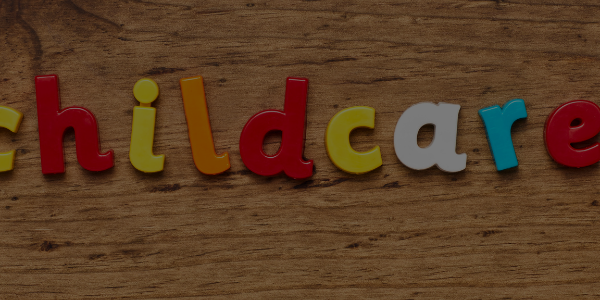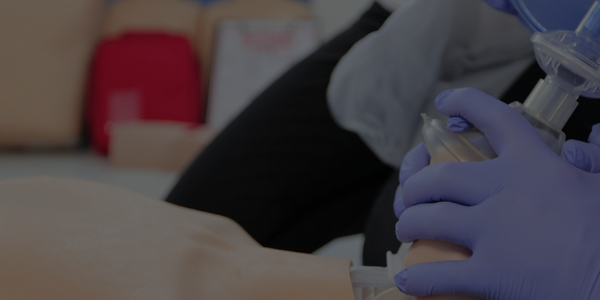Childhood nutrition is a crucial component of early childhood development, and childcare centers in Australia play a vital role in shaping children’s eating habits. At AB First Aid Training, we understand the importance of fostering a healthy relationship with food from a young age. In this blog, we’ll explore essential tips and strategies for childcare providers to promote healthy eating habits and reduce the risk of childhood obesity in Australian childcare settings.
Balanced Meal Planning
- Create well-balanced menus that include a variety of fruits, vegetables, whole grains, lean proteins, and dairy or dairy alternatives1.
- Ensure that meals meet the dietary guidelines for children’s age groups.
- Consider accommodating dietary restrictions and allergies while planning meals.
Family-Style Dining
- Implement family-style dining to encourage social interaction and independence2.
- Allow children to serve themselves appropriate portions, promoting self-regulation.
- Create a pleasant and relaxed mealtime atmosphere.
Role Modeling Healthy Eating
- Set a positive example by eating healthy foods and enjoying mealtimes with the children3.
- Avoid negative comments about foods or body image.
- Encourage staff members to model healthy eating behaviors.
Education and Food Exploration
- Incorporate age-appropriate nutrition education into daily activities and discussions4.
- Engage children in hands-on activities like gardening or cooking to explore healthy foods.
- Teach children to recognize different fruits, vegetables, and food groups.
Limiting Sugary and Processed Foods
- Minimize the availability of sugary snacks, sugary drinks, and processed foods in the childcare center5.
- Provide water as the primary beverage option throughout the day.
- Choose healthy snacks like fresh fruits, yogurt, or whole-grain crackers.
Encouraging Physical Activity
- Promote physical activity as part of a healthy lifestyle6.
- Offer age-appropriate physical activities that align with Australia’s physical activity guidelines for children.
- Balance screen time with active playtime.
Collaboration with Parents
- Establish open communication with parents or guardians about children’s dietary preferences and needs7.
- Share information about the center’s nutrition policies and meal plans.
- Collaborate on strategies for promoting healthy eating habits at home.
Childcare providers in Australia play a significant role in shaping children’s eating habits and reducing childhood obesity. By offering balanced meals, practicing family-style dining, modeling healthy eating behaviors, providing nutrition education, limiting sugary and processed foods, encouraging physical activity, and collaborating with parents, childcare centers can create an environment where children develop lifelong healthy eating habits
- How does your childcare center currently promote healthy eating habits, and what additional strategies could be implemented?
- Are there specific challenges or opportunities related to childhood nutrition that you would like to address in your childcare setting?
Please note that regular First Aid and CPR Training is the best way to make sure that you’re prepare in the case of an emergency. Book a course with us
- Get Up & Grow – Healthy Eating and Drinking Guidelines for Early Childhood: Link ↩
- Family-Style Dining in Early Care and Education Centers – CACFP: Link ↩
- Raising Healthy Eaters – Nutrition Australia: Link ↩
- Nutrition in Schools – Healthy Kids, NSW: Link ↩
- Healthy Food and Drink in NSW Health Facilities – NSW Government: Link ↩
- Physical Activity and Play for Toddlers – Better Health Channel: Link ↩
- Collaborating with Families: Link ↩
Find this article useful? Enjoy reading more of our blogs here!





